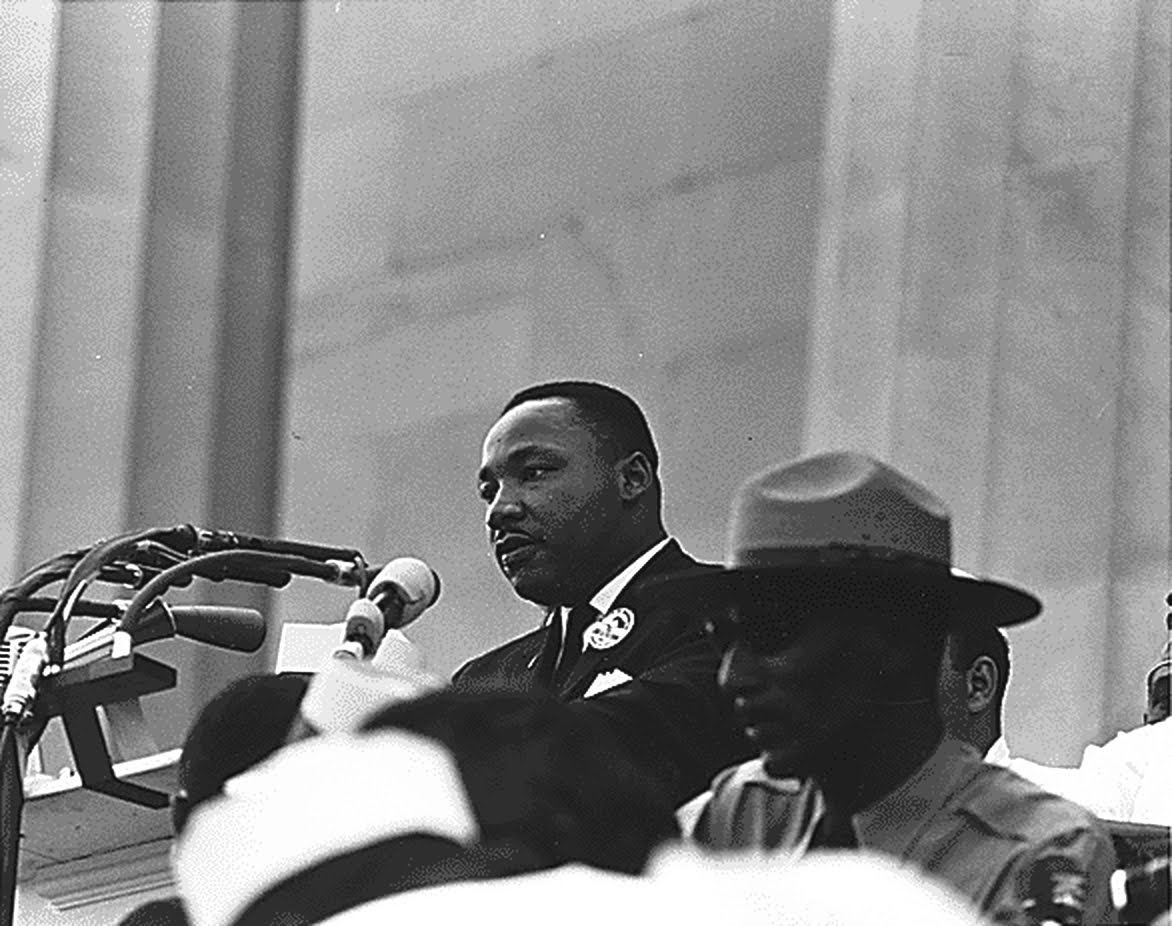The tune is a variation of an earlier bugle call known as the "Scott Tattoo" used in the U.S. from 1835 until 1860, and was arranged in its present form by Brigadier General Daniel Butterfield, who commanded the 3rd Brigade of the 1st Division in the V Army Corps of the Army of the Potomac while at Harrison's Landing, Virginia, in July 1862 to replace a previous French bugle call used to signal "lights out". Butterfield's bugler, Oliver W. Norton, of Erie, Pennsylvania, was the first to sound the new call. Within months, Taps was used by both Union and Confederate forces.
Major O. W. Norton, a member of Butterfield's Brigade, writing from Chicago to the editor of the "Century" Magazine, August 8, 1898, says:
Chicago, Aug. 8, 1898.
"I was much interested in reading the article by Mr. Gustav Kobbe, on 'Trumpet and Bugle Calls,' in the August 'Century.' Mr. Kobbe says that he has been unable to trace the origin of the call now used for Taps, or the 'Go-to-sleep,' as it is generally called by the soldiers. As I am able to give the origin of this call, I think the following statement may be of interest to Mr. Kobbe and your readers.
"During the early part of the Civil War I was bugler at the headquarters of Butterfield's Brigade, Morell's Division, FitzJohn Porter's Corps, Army of the Potomac. Up to July, 1862, the infantry call for Taps was that set down in Casey's Tactics, which Mr. Kobbe says was borrowed from the French. One day, soon after the seven days' battles on the Peninsular, when the Army of the Potomac was lying in camp at Harrison's Landing, General Daniel Butterfield, then commanding our Brigade, sent for me, and showing me some notes on a staff written in pencil on the back of an envelope, asked me to sound them on my bugle.
I did this several times, playing the music as written. He changed it somewhat, lengthening some notes and shortening others, but retaining the melody as he first gave it to me. After getting it to his satisfaction, he directed me to sound that call for Taps thereafter, in place of the regulation call. The music was beautiful on that still summer night, and was heard far beyond the limits of our Brigade. The next day I was visited by several buglers from neighboring brigades, asking for copies of the music, which I gladly furnished. I think no general order was issued from army headquarters authorizing the substitution of this for the regulation call, but as each brigade commander exercised his own discretion in such minor matters, the call was gradually taken up all through the Army of the Potomac.
I have been told that it was carried to the Western Armies by the nth and 12th Corps, when they went to Chattanooga, in the fall of 1863, and rapidly made its way through those armies. I did not presume to question General Butterfield at the time, but from the manner in which the call was given to me, I have no doubt he composed it in his tent at Harrison's Landing. I think General Butterfield is living at Cold Spring, New York. If you think the matter of sufficient interest, and care to write him on the subject, I have no doubt he will confirm my statement."
RESOURCES:














No comments:
Post a Comment